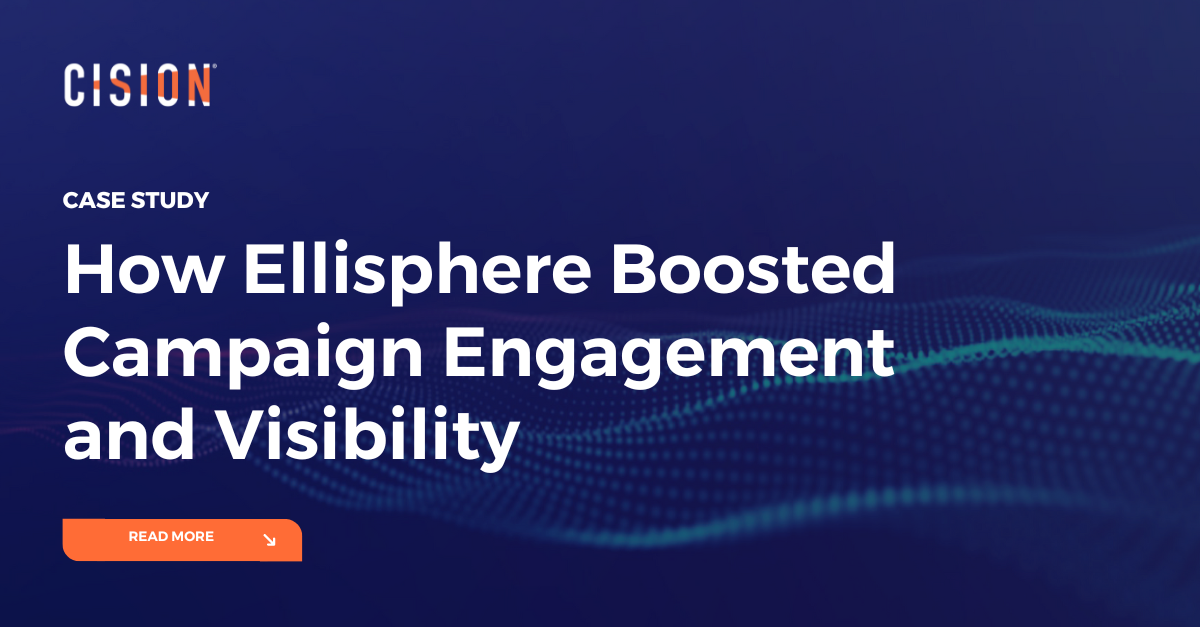According to the 2023 State of the Media Report, “maintaining credibility as a trusted news source and combating accusations of ‘fake news’” was the biggest challenge for the media last year. Additionally, “battling misinformation” was among the top three personal struggles for journalists.
In an era of rapidly spreading information, fueled by the internet and social media, the battle against misinformation has become a critical concern for not just the media, but individuals, organisations, and society at large. While the responsibility to combat misinformation often falls on governments and media outlets, brands – and the PR and comms teams behind them – play a pivotal role in this fight, as well.
The Rise of Misinformation
Misinformation is not a new phenomenon, but the digital age has amplified its impact. False information, rumours, and conspiracy theories can now spread like wildfire, reaching millions of people within seconds. Brands are not passive entities in the information ecosystem; they are active participants. They produce content, engage with customers, and influence public opinion. As such, they have a moral and ethical responsibility to ensure the information they disseminate is accurate and reliable. They can also be victims of misinformation as well, which amplifies the stakes and provides added incentive take a leading role in battling fake news and other potentially harmful content.
The Importance of Combatting Misinformation
- Protecting Brand Reputation: Misinformation can damage a brand's reputation. False claims against a brand or association with misleading information can lead to public distrust in a brand, which can be challenging to recover from. Taking a proactive stance against misinformation helps safeguard a brand's integrity. (More on this in the section below.)
- Upholding Corporate Social Responsibility: Brands are increasingly expected to be socially responsible. A recent Edelman study found that 90% of Gen Z expect brands to actively engage in and contribute to causes that improve the world. Moreover, a recent Forrester study found that 55% of U.S. adults would boycott a brand if it was found to have unethical business practices. This extends to their role in combating misinformation, as spreading false information can have harmful societal consequences. Brands that actively fight misinformation demonstrate their commitment to ethical business practices.
- Maintaining Audience Trust: Trust is a fundamental currency in the business world. Brands need to both work to protect themselves against misinformation or “fake news” that can damage that trust, as well as take a stand against misinformation. Customers are more likely to engage with, support and advocate for brands they perceive as reliable sources of information..
How Brands Can Battle Misinformation
No one individual or brand is helpless to stop the spread of misinformation. Here are a few ways to actively stop or slow its spread and eliminate or mitigate any potential harm.
- Fact-Check and Verify Information: Before sharing or endorsing any information, brands should verify its accuracy. This involves cross-referencing sources and using reputable fact-checking organisations to ensure that information is credible.
- Support Initiatives and Partnerships: Brands can partner with organisations and initiatives dedicated to combating misinformation. Supporting research, educational campaigns, and fact-checking efforts can have a meaningful impact. Working with competitors to create industry-wide consistent facts and a single truth will also help to prevent misinformation from spreading.
- Be Transparent: Brands should be transparent about their values and commitment to accuracy. Acting on their values and communicating their stance against misinformation to their customers helps build trust. Proactively promoting these efforts will enable them to stay ahead of any claims to the contrary. Waiting to speak out until after they're accused of something might be perceived as defensive and disingenuous.
- Monitor and Respond: Brands should actively monitor their online presence for any misinformation related to their products or industry. When misinformation surfaces, they should respond promptly with accurate information and corrections. They should also not be afraid to take necessary legal action. A clear example is Dominion’s lawsuit against news organisations and persons accused of spreading lies about its voting machines after the 2020 U.S. election.
One way Cision is actively helping brands battle misinformation is through React Score, a feature of our comprehensive CisionOne platform. React Score uses natural language processing (NLP) technology, a version of AI, to identify fake news, hate speech, racism and other harmful language – including mis- or disinformation – across social media and other platforms. With the advanced ability to identify content that might be misleading in real time, brands can act quickly to correct such content and redirect the narrative.
Misinformation is a pervasive issue today, and brands can no longer remain passive observers. They must actively engage in the battle against misinformation to protect their reputation, uphold corporate social responsibility, and maintain the trust of their customers.
To learn more about how CisionOne utilises AI to help PR and communications teams, get in touch to speak with an expert today.
Most Recent Posts
Cision Resources
-
E-books and Guides
Comprehensive how-to guides on strategy and tactics
-
Case Studies
What are other brands doing – and how can we learn from them?
About Antony Cousins
Antony spent a decade in artificial intelligence technology leadership roles, including serving as the CEO of Factmata, an AI marketing technology company focused on identifying fake news and other forms of harmful online content. In the newly created role of Executive Director for AI Strategy, he will be responsible for advancing Cision's AI strategy. This agenda includes rapidly integrating Factmata's technologies for detecting harmful online content and narrative monitoring into Cision's new products and platforms. He will also oversee the development of powerful generative text–driven solutions with the reliability that corporate, government and agency communications teams demand, and will ensure that Cision continues to develop AI solutions responsibly and ethically, ensuring compliance with regulatory frameworks emerging in the US, UK, Europe and beyond.
Learn More. Do More. demo new
PR Tips, Case Studies, and Product Updates

[On-Demand Webinar] The Next Generation of Media Intelligence: From Gorkana to CisionOne
Explore CisionOne, a revolutionary media intelligence platform, and the evolution of Gorkana. Learn key features and strategies from Luke Williams, CisionOne Product Marketing Manager. Elevate your media outreach to new heights!


